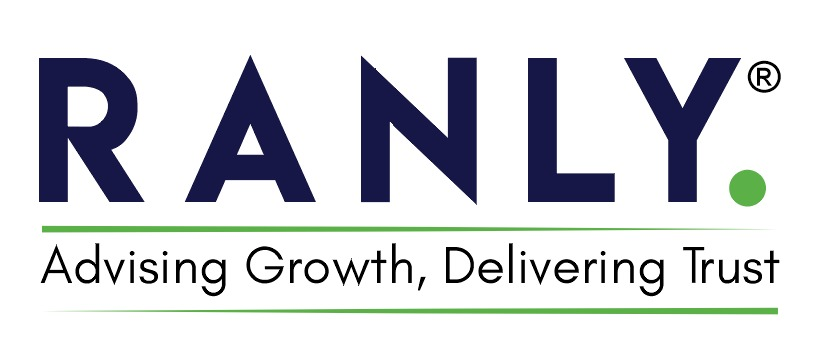EPF and ESIC Registration.
Out of all the schemes and laws, the EPF and ESIC are the most sought after. In both the schemes a predefined percentage is deducted from employee’s salary and proportionate amount is added to it by employer and then aggregate amount is deposited to the account of concerned employee.
We helps you with the process of PF registration and ESI registration and in the management of EPF and ESIC accounts. We also help with timely deposits of the funds in the EPF and ESIC accounts and keeping it up to date with the recent amendments in the law regulating it.
EPF- Employees’ Provident Fund
The Employees’ Provident Fund (EPF) is a savings scheme introduced under Employees’ Provident Fund and Miscellaneous Act, 1952. It is managed by the central board of trustees consisting of the government, employer and employees; it is assisted by The Employees’ Provident Fund Organization. EPFO works under the direct jurisdiction of the government and is managed through the Ministry of Labour and Employment.
EPF is commonly known as PF in India and is a scheme through which a portion of employee’s income is set aside for use during any emergency or post-retirement. The employer and employees deposit a certain percentage towards PF every month. The percentage of money to be deducted from the employee’s salary and percentage to be contributed by the employer is predefined under EPF Act.
Eligibility Criteria for Registration under Provident Fund
Any organisation or factory with at least 20 employees needs to get themselves registered under EPF Scheme.
Establishment with less than 20 employees may get themselves voluntarily registered.
Liability to deduct and deposit EPF arises for all employees with wages of Less than INR 15,000 per month.
Employees of an organization, which are already registered under EPF Scheme, are directly eligible for getting their Provident Fund account opened from date of their joining.
Benefits of EPF scheme
There are many benefits of registering to the EPF scheme, some of these are:-
Amount deposited in EPF Account is a savings that can be withdrawn at any time for any purpose such as Education, Marriage, Medical emergency or same can be obtained post retirement.
If you withdraw the PF amount and interest on its maturity or after 5 years of completion of continuous employment, then its entire amount will be exempted from any Income tax liability.
If the employee leaves the organisation then he/she can withdraw 75% of the balance lying in EPF account on completion of one month of continuous unemployment. Balance 25%can be withdrawn post continuous employment period of 60 days.
Unlike before, EPF accounts are created and maintained completely online and The employees can have access to their EPF funds anywhere in the world with universal account number.
In case of death of the employee the nominee will get the PF amount and interest accumulated over the period.
ESIC- Employee State Insurance Corporation.
ESIC stands for Employee State Insurance Corporation is an autonomous body created by law and is under the control of the Ministry of Labour and Employment, Government of India. It regulates the ESI scheme as per ESI Act of 1948. ESI scheme is set to cater the health and insurance needs of the employees and is funded by the employees and the employer.
Eligibility Criteria for ESIC
All organisations listed under Factories Act and Shops and Establishments Act.
Factories and establishments with 10 or more employees have to register themselves under ESI schemes.
Employees earning wages not exceeding INR 21000/- per month will be covered to check requirements of ESIC registration.
Benefits of ESIC Scheme
ESIC Scheme ensures Various benefits to registered employees and their dependents. List of benefits is as follows:
Medical benefits: Reasonable medical care, comprehensive medical care & clinical investigation for insured people and his family members.
Medical Care
- Medical facility within ESI Medical institutions to insured person and his spouse
Sickness Benefits
- Sickness Benefits and enhanced sickness and extended sickness benefits.
Disability benefits
- Payment is made to the employee as long as disability continues.
Dependent Benefits
- Amount is paid to the dependents of the Insured person who dies as a result of employment injury.
Maternity benefits
- Paid maternity leaves are given for 26 weeks. 6 Weeks are given in case of miscarriage.
Funeral benefits
- One time payment made for the funeral of an insured person.
Unemployment Allowance under Rajiv Gandhi Sharmik Kalyan Yojna’(RGSKY).
Vocational Rehabilitation Allowance.



